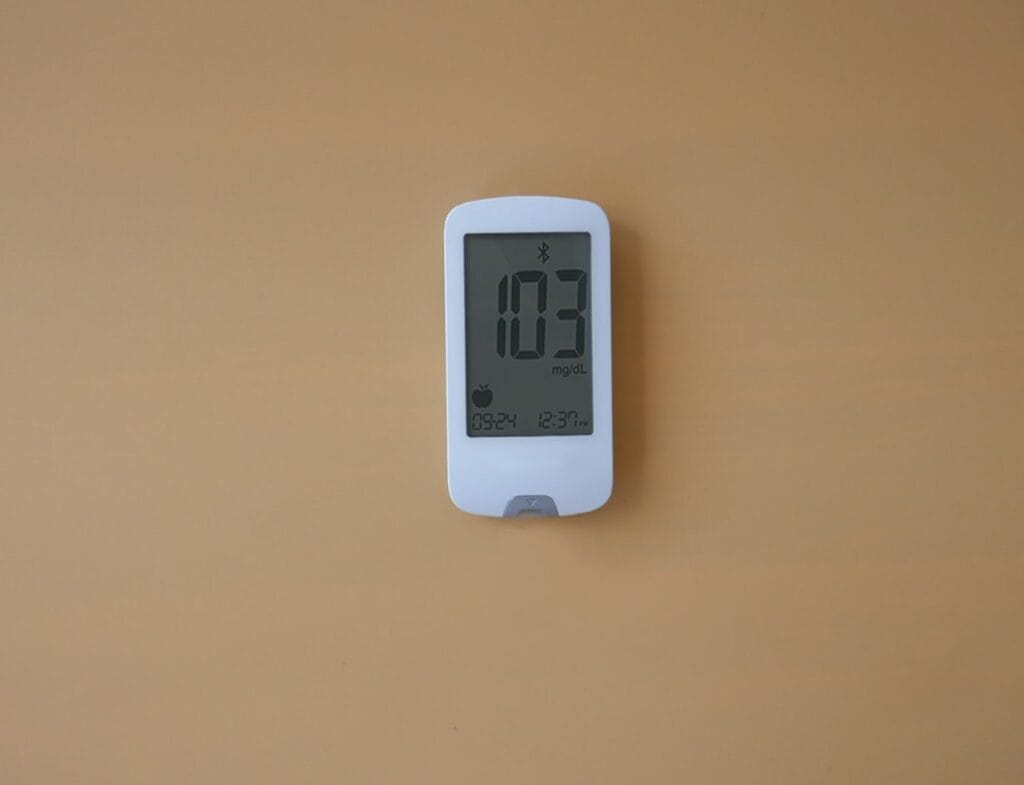
Knowing what does an AC tune up include allows homeowners to make informed decisions about their cooling systems. This involves a series of checks and tasks designed to optimize performance and ensure that every component is functioning correctly. By understanding these elements, you can ensure your AC system operates efficiently and reliably.
Understanding what does an AC tune up include is essential for maintaining energy efficiency and comfort in your home. Regular tune-ups prevent costly repairs and extend the lifespan of your air conditioning unit. An HVAC contractor in Los Angeles can guide you through the process, ensuring your system remains in top condition throughout the year. Regular maintenance not only prevents breakdowns but also enhances the overall efficiency of your AC, leading to significant energy savings.
The importance of routine AC tune-ups
Routine AC tune-ups are crucial for sustaining energy efficiency and extending the life of your cooling systems. They involve systematic inspections and adjustments that help maintain optimal performance. These regular check-ups allow technicians to catch minor issues before they develop into significant malfunctions, saving you from unexpected repair costs.
Understanding what does an AC tune up include is key to these benefits. A comprehensive tune-up typically involves checking refrigerant levels, cleaning coils, and calibrating thermostats. Each of these steps plays a vital role in ensuring that your air conditioner operates at peak efficiency.
Engaging with experienced professionals for your AC maintenance ensures thorough inspections and precise adjustments. Their expertise not only improves system reliability but also enhances energy efficiency, leading to reduced utility bills. This proactive approach to maintenance is a worthwhile investment in both comfort and financial savings.
Key components of an AC tune-up
An effective AC tune-up covers several critical components that contribute to the unit’s overall efficiency. Technicians often start by inspecting electrical connections, ensuring they are tight and secure. Loose or faulty connections can lead to dangerous electrical hazards or even damage the unit’s components.
Cleaning is another integral part of the process. Dirty filters or coils restrict airflow, making the unit work harder than necessary and increasing energy usage. Technicians will clean or replace filters, which is a simple yet effective way to enhance airflow and improve indoor air quality.
Calibration of the thermostat is also crucial in an AC tune-up. A well-calibrated thermostat ensures the system maintains desired temperatures efficiently without overworking itself. This not only keeps your home comfortable but also avoids unnecessary strain on the system, thus prolonging its operational life.
The role of HVAC experts in maintenance
HVAC professionals bring a wealth of knowledge and experience to AC maintenance tasks. Their role involves more than just performing routine checks; they provide insights into best practices for system upkeep and advise on upgrades that might enhance performance. This guidance is instrumental in maintaining an efficient home cooling system.
Experts meticulously inspect each component during an AC tune-up to ensure everything functions correctly. They focus on cleaning condensate drains, which can become clogged over time and cause water damage if not addressed promptly. By doing so, they help maintain efficient operation and prevent unnecessary repairs.
Their expertise extends to recommending solutions tailored to your specific needs, whether it’s improving airflow or enhancing energy efficiency through advanced technologies. Relying on professional advice ensures that you make informed decisions that maximize comfort while minimizing costs.
Practical tips for maximizing AC efficiency
Understanding AC tune up empowers homeowners to take proactive steps towards efficient cooling management. Regularly checking refrigerant levels helps maintain optimal cooling capacity and prevents energy wastage due to underperformance.
Cleaning coils should be part of routine maintenance as they play a pivotal role in heat exchange processes within the unit. Ensuring these coils are free from dirt and debris enhances overall efficiency and reduces operational costs over time.
Proper airflow is critical for effective cooling; thus, keeping vents unobstructed and ensuring ducts are sealed properly is essential for efficient operation. Such measures not only boost performance but also enhance indoor air quality, contributing to a healthier living environment.





